Representatives of National Authorities and other stakeholders from 41 Member States of the Organisation for the Prohibition of Chemical Weapons (OPCW) strengthened their capacity to implement the Chemical Weapons Convention (CWC) during an online training held from 19 to 22 April.
The Head of OPCW's Implementation Support Branch, Ms Beatrix Lahoupe, highlighted in her opening remarks: "It is important to raise awareness and increase understanding of the Convention among all national stakeholders as this will help to advance implementation at country level. Robust partnerships among all national actors are a key component of the successful and sustainable implementation of the CWC."
One of the course participants, representative of Serbian National Authority, Ms Gordana Jakšić, commented: "This training course will be very useful for my future work since it provides a comprehensive overview of CWC implementation within a Member State. The course is helpful for a general understanding of the Convention's articles and annexes, the role of the National Authority and its main stakeholders, national legislative and administrative measures, declarations, control regimes on chemicals, the verification process, and online handbooks and databases. I fully recommend this course to everyone involved in CWC activities at the national level."
The course covered the fundamental principles and aspects of the CWC, particularly those pertaining to State Party obligations such as the adoption of implementing legislation and adherence to the declaration and verification regime. The course highlighted the crucial role of National Authorities in establishing strong national stakeholder networks to ensure the full implementation of the Convention.
The online course employed a range of learning methods, including live interactive sessions, quizzes, practical exercises, and self-study. A case study on adopting CWC-implementing legislation proved of particular interest and generated lively discussions among the participants.
The course was attended by 67 representatives of the following Member States from all OPCW regional groups: Afghanistan, Algeria, Antigua and Barbuda, Argentina, Azerbaijan, Barbados, Bolivia, Brazil, Colombia, Costa Rica, Cuba, El Salvador, Estonia, Ethiopia, Ghana, Grenada, India, Iraq, Jamaica, Maldives, Mali, Mozambique, The Netherlands, Oman, Pakistan, the Philippines, Portugal, Moldova, Romania, Serbia, Seychelles, Sierra Leone, Slovakia, the Sudan, Thailand, Togo, Turkey, Ukraine, the United States of America, Uruguay, and Venezuela.

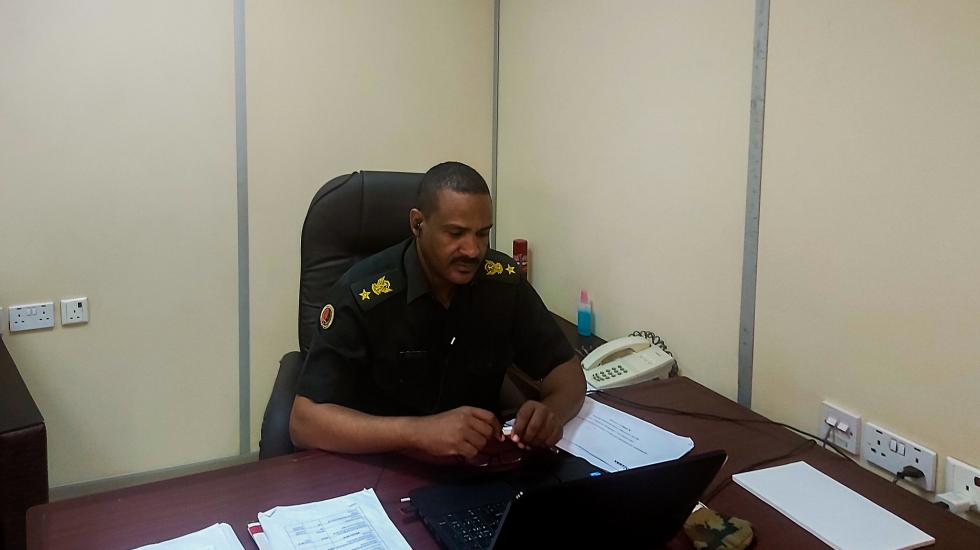
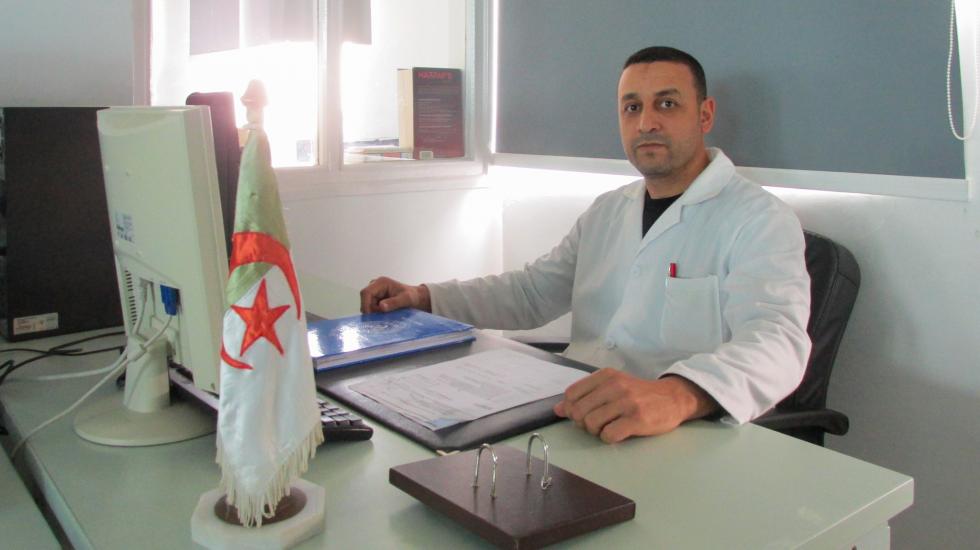
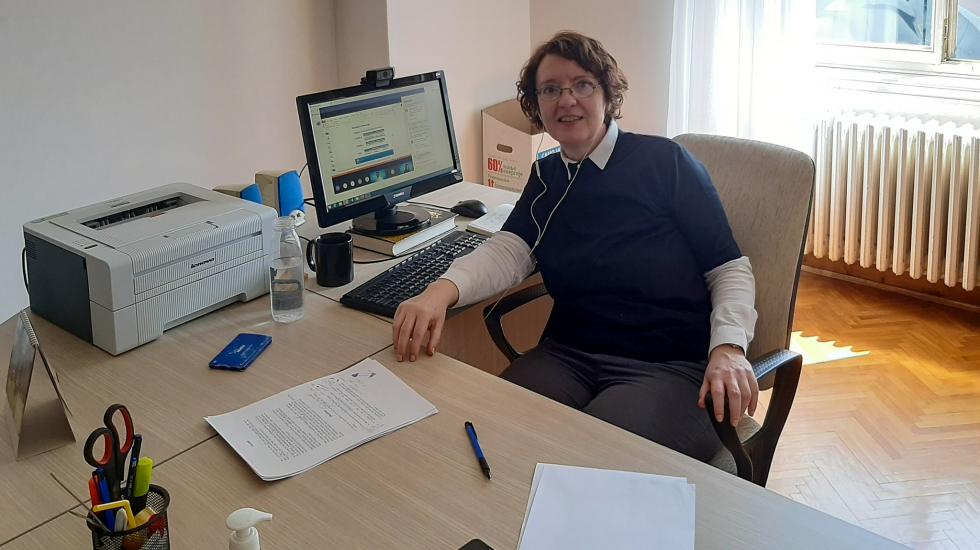
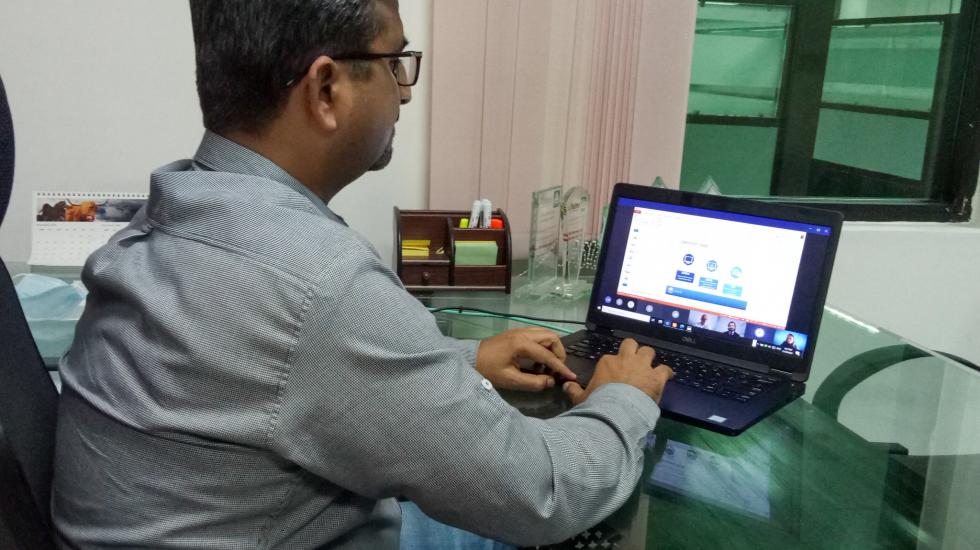
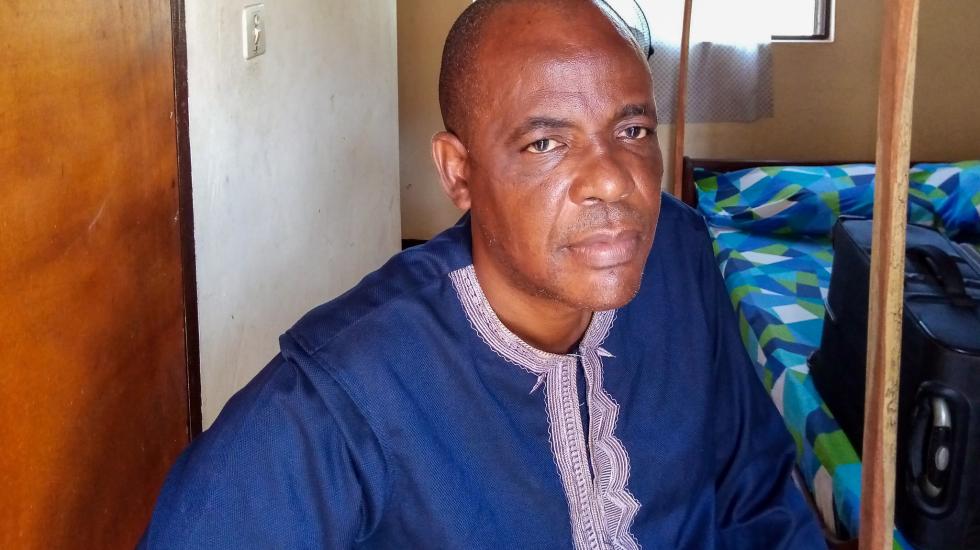
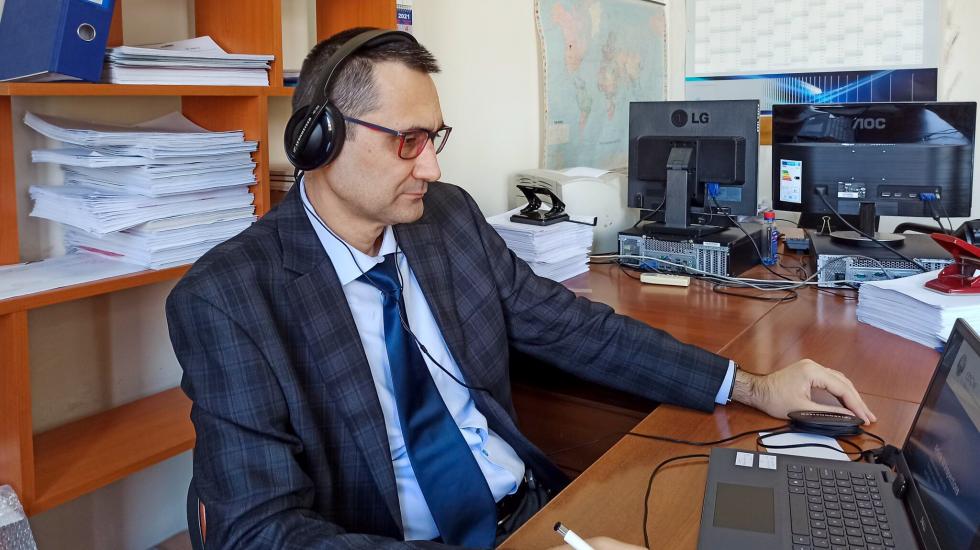
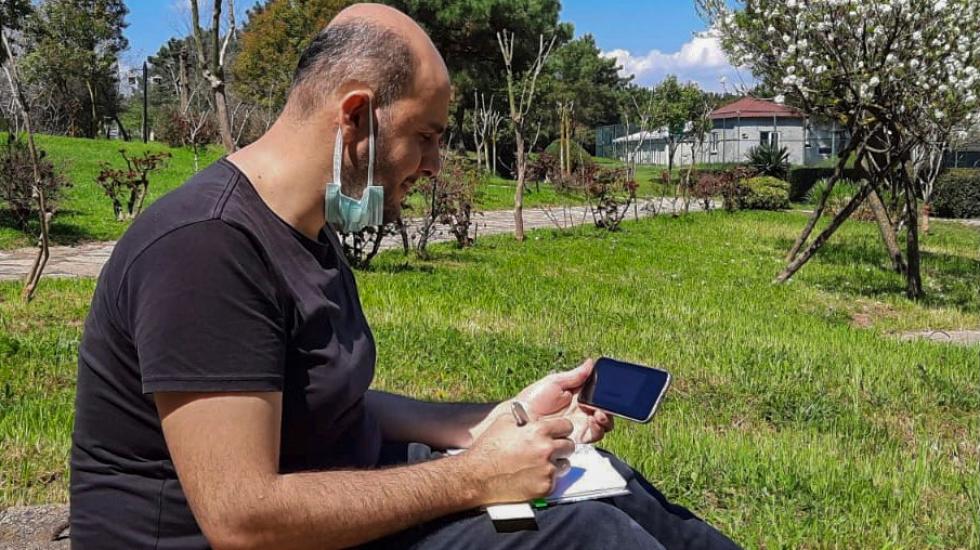
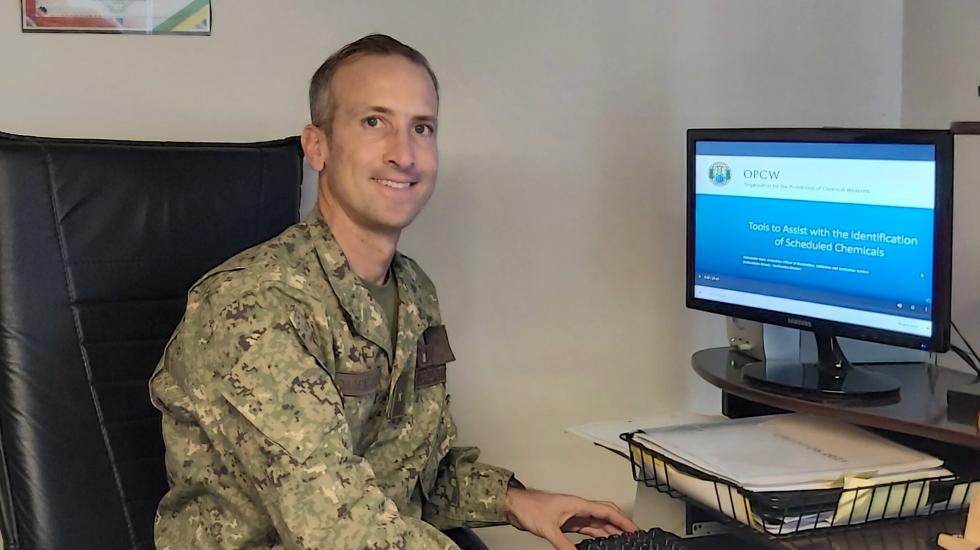
Background
The General Training Course on the Chemical Weapons Convention for Personnel of National Authorities and Relevant Stakeholders is an element of a broader OPCW educational programme to enhance Member State capacity to implement the CWC at a national level. The programme also includes regular meetings of National Authorities from around the world, educational materials about the Convention, training on national implementing legislation, and other capacity building activities.
As the implementing body for the Chemical Weapons Convention, the OPCW, with its 193 Member States, oversees the global endeavour to permanently eliminate chemical weapons. Since the Convention's entry into force in 1997, it is the most successful disarmament treaty eliminating an entire class of weapons of mass destruction.
Over 98% of all declared chemical weapon stockpiles have been destroyed under OPCW verification. For its extensive efforts in eliminating chemical weapons, the OPCW received the 2013 Nobel Peace Prize.






